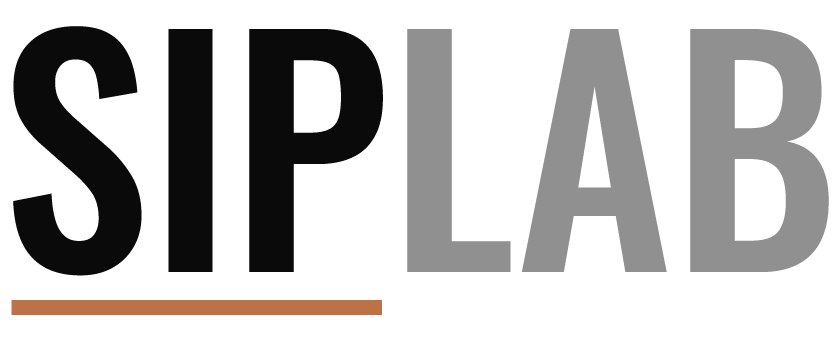Criminologie Théorique 1 - (In)Justice et Système Pénal,
This class addresses the issues surrounding the over-representation and discrimination of marginalized people in the criminal justice system. For example, we examined the experience of racialized, poor or marginalized people (with respect to homelessness, mental health, drug use), who are in conflict with the law. Through a series of presentations, readings, assignments and class discussions, students also gained a better understanding of the issues and challenges facing legal, prison and criminal-community actors. We analyzed problems related to the control practices of certain social groups. We paid attention to professional discretion and important mechanisms related to detention practices, plea bargaining, therapeutic projects, sentencing and community supervision conditions. This course has enabled students to develop intellectual rigor and a critical approach to the evaluation of various criminal and penal justice phenomena.
Level:GraduateSemester:Winter 2020 - Winter 2021 - Winter 2022University:Université de MontréalInstructor(s):- Marianne Quirouette
Pénologie
This class focuses on the study of the underlying philosophies, theories and practices associated with contemporary societies’ attempt to repress, control and punish criminal activities. Alternatives to incarceration and restorative justice practices are also explored.
Level:UndergraduateSemester:Winter 2023University:Université de MontréalInstructor(s):- Meritxell Abellan Almenara
Sociocriminologie
This class aims to introduce students to the sociological way of thinking in general, and more specifically to deviance, crime, criminality, criminalized persons and the social reaction to crime. The class is therefore an introduction to the study of crime as a social phenomenon. Throughout the semester, students are encouraged to develop an informed and critical understanding of crime as a social phenomenon by a) gaining a basic understanding of the main sociological paradigms in criminology; b) highlighting the overlaps and differences between different theoretical perspectives; and c) applying explanatory theories to current phenomena. Students are invited to examine social structures, processes and reactions, control, conflict, labels, group relationships and cultures and adaptations.
Level:UndergraduateSemester:Winter 2020 - Winter 2021 - Winter 2022 - Winter 2023 - Winter 2024University:Université de MontréalInstructor(s):- Marianne Quirouette
Théories de la réaction sociale
This class's main objective is to gain a better understanding of key theories, concepts and works in the field of reaction and social control in criminology. With the reading and discussion of 10 articles and 2 books, students will have a good introduction to a variety of classics and more recent studies. Together, students analyze the texts to better understand: the context of the works, their intellectual heritage, their theoretical framework, important concepts, arguments and proposals, their contribution, etc. Students discuss strengths, weaknesses and relevance to criminology. Courses and assessments are designed to maximize links with current events and the integration of key concepts/theories with students' current research. Students examine the social reactions to various types of criminalized individuals, groups and behaviors. Students reflect on contemporary social controls exercised largely (but not exclusively) by police, courts and correctional services. Students also pay attention to different social reactions: in the media, in popular culture, in the penal system, and in the field of criminology.
Level:GraduateSemester:Fall 2022 - Fall 2021 - Fall 2020University:Université de MontréalInstructor(s):- Marianne Quirouette
Vulnerabilités, justice et abus de pouvoir
This class invites students to consider issues such as the recognition of state violence, systemic racism, injustice, neglect and abuse of power that are all too often part of the 'criminal-legal system' in Quebec, Canada and elsewhere. The judicialization of poverty, 'risk' management, the stigmatization of certain victims, social exclusion, and the lack of consequences for environmental and social misdeeds are also subjects addressed in the course. Students are also invited to see how criminology and socio-legal approaches can help shed light on conceptual, empirical and applied debates and contributions. Through a combination of presentations, readings, assignments and class discussions, students are expected to discuss the historical, cultural, socio-political and organizational factors that contribute to the (re)production or transformation of systems where racialized, poor and vulnerable people are over-represented and discriminated against.
Level:GraduateSemester:Summer 2023University:Université de MontréalInstructor(s):- Marianne Quirouette
Teaching
